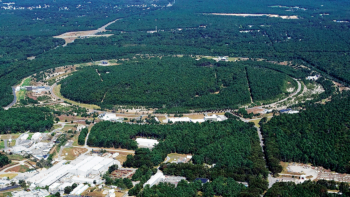 Read article 'Moscow accelerator creates first beam'
Read article 'Moscow accelerator creates first beam'
Moscow accelerator creates first beam
The TeraWatt Accumulator (TWAC) project at Moscow's Institute for Theoretical and Experimental Physics (ITEP) has successfully passed its proof-of-principle test.









